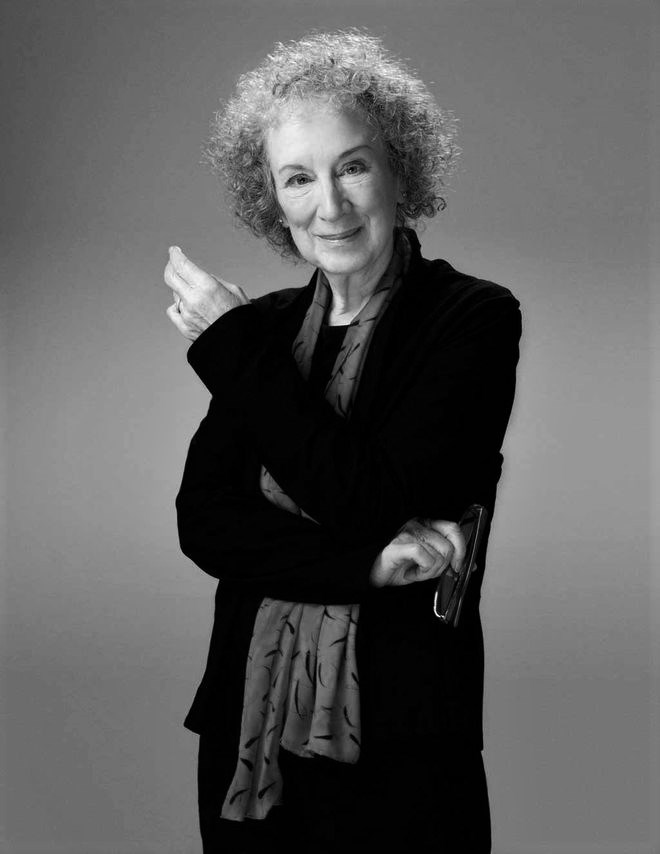fixas-te em mim como num olho um anzol
um anzol de pescar
um olho aberto
***
ELE VOLTA A APARECER
Ergueste-te de um monte de neve
tinhas três cabeças, todas
as mãos enfiadas nos bolsos
Eu disse não te terei
visto já nalgum lugar
Fingiste que tinhas fome
eu ofereci-te sanduíches e ginger ale
mas tu recusaste
Os teus seis olhos brilhavam
vermelhos, tremias, ardiloso
Não achas que podemos
ser amigos disse eu;
tu não respondeste.
***
Pegas na minha mão e
de repente aqui estou, dentro de um mau filme
que nunca mais acaba, e
porque me sinto eu tão fascinada
Dançamos a valsa em câmara lenta
por entre um ar gasto e pesado com aforismos
encontrámo-nos por detrás de infindáveis vasos de palmeiras
tu trepas por janelas erradas
Vão saindo outras pessoas
mas eu fico sempre até ao fim
paguei, quero
ver o que acontece.
Tenho de te descolar de mim
em banheiras fortuitas
na forma de fumo e celulóide
derretido
Devo reconhecer: sou
uma viciada,
o cheiro das pipocas e do veludo gasto
perdura por semanas
***
ELA PONDERA LIBERTAR-SE DELE
Mais facilmente me
posso mudar a mim
do que a ti
podia deixar crescer uma casca e
tornar me um arbusto
ou voltar atrás no tempo
à imagem de mulher deixada
entre escombros da gruta, o ventre
afogado intumescido e fértil,
olhar uma ínfima conta, um
caroço, rainha das térmitas
ou (melhor) adiantar me,
mascarar me em articulações
e véus de veias púrpuras de velhas senhoras,
ficar artrítica, gentil e delicada
ou, ainda, em nova variação:
desabar na tua
cama agarrando o coração
e puxar o lençol nostálgico por sobre
o meu sorriso de adeus feito cera
o que seria inconveniente
mas definitivo.


